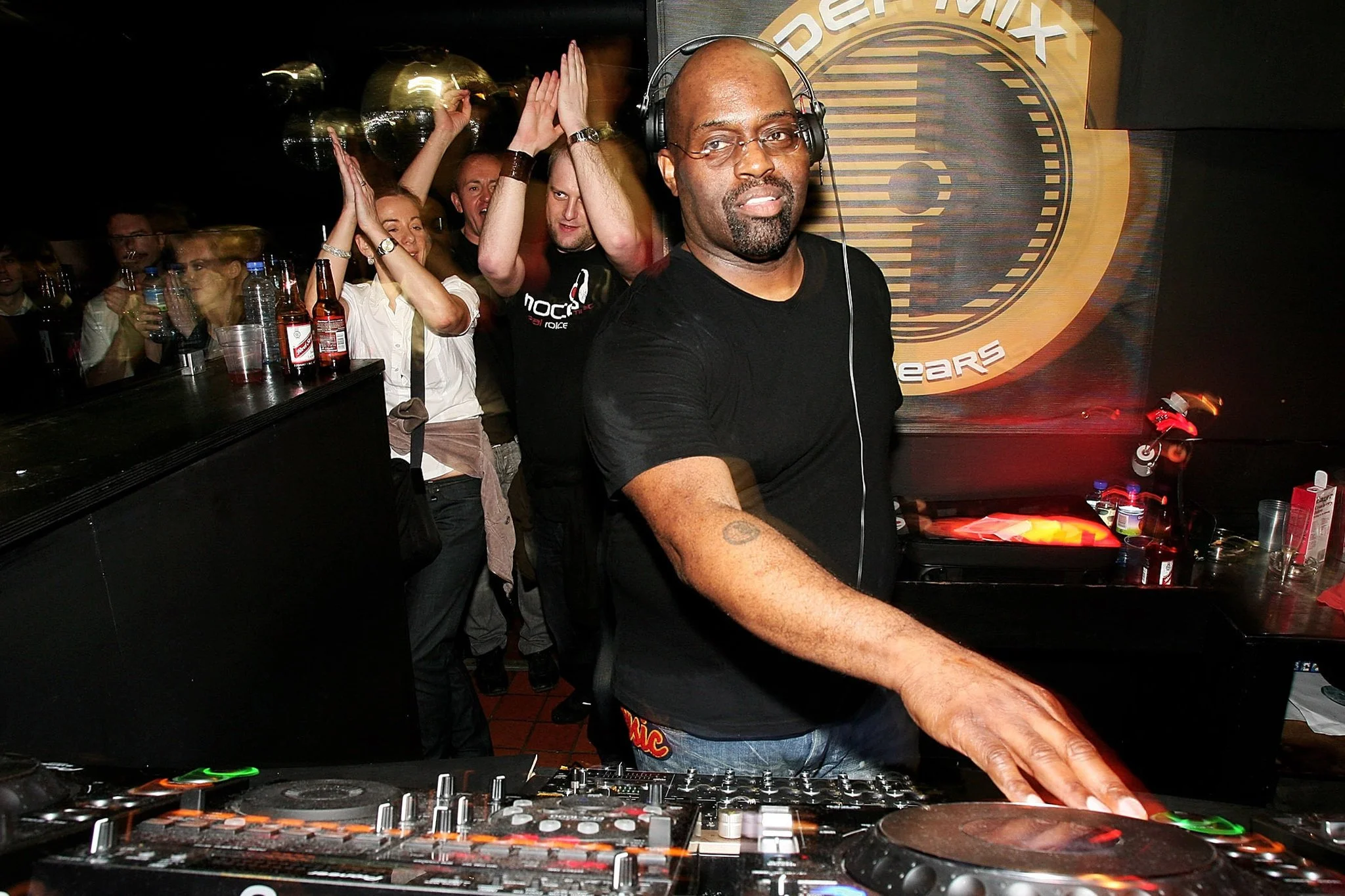House Music History 101: Frankie Knuckles
Frankie Knuckles
Frankie Knuckles, often referred to as the "Godfather of House Music," was an American DJ and record producer who played a pivotal role in the development and spread of house music. Born Francis Nicholls on January 18, 1955, in the Bronx, New York City, he became one of the most influential figures in the genre.
Knuckles began his career in the early 1970s, DJing alongside Larry Levan at the Continental Baths in New York City. This venue was instrumental in shaping his artistic style and approach to DJing.
In 1977, he moved to Chicago and began playing at a club called ‘The Warehouse’. It was here that he refined his style, blending disco, soul, and emerging electronic music, laying the foundation for what would become known today as house music.
The Warehouse became synonymous with Knuckles' innovative DJ sets, where he would manipulate tracks using reel-to-reel tape machines, adding drum machines and effects to create a new, hypnotic sound that audiences could not get enough of.
The term "house music" is believed to have originated from the club's name, as patrons referred to the music played there as "house music." Knuckles' influence on house music spread globally, as he helped spread the genre from Chicago to other parts of the world.
In 1997, he won the Grammy Award for Remixer of the Year, Non-Classical, acknowledging his contributions to the music industry. His work paved the way for future generations of DJs and producers, solidifying house music as a legitimate genre in the dance music landscape.
Beyond just his technical skills and innovations, Knuckles' music and presence fostered a sense of community and inclusivity within the club and nightlife scene. His legacy lives on through the many artists and DJs he influenced and the everlasting popularity of house music.
Frankie Knuckles passed away on March 31, 2014, but his contributions to music continue to be celebrated by fans and musicians until today. His work not only shaped the sound of house music but also influenced the broader dance music culture.
